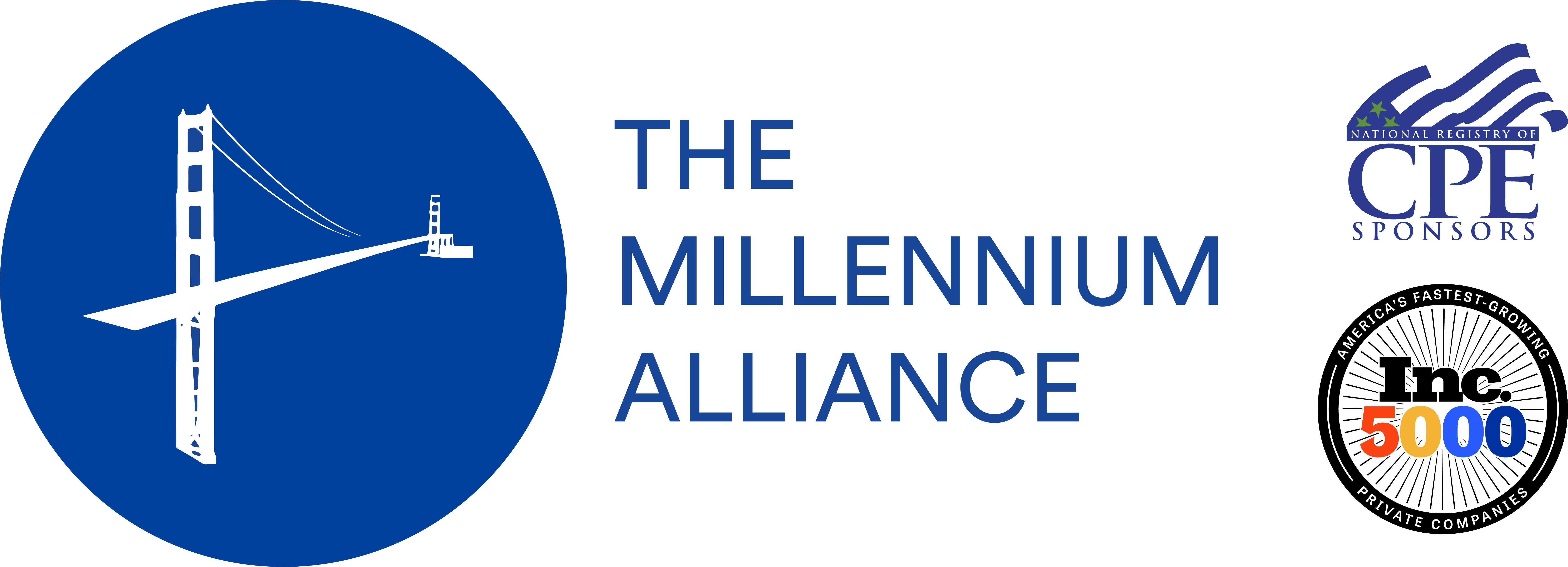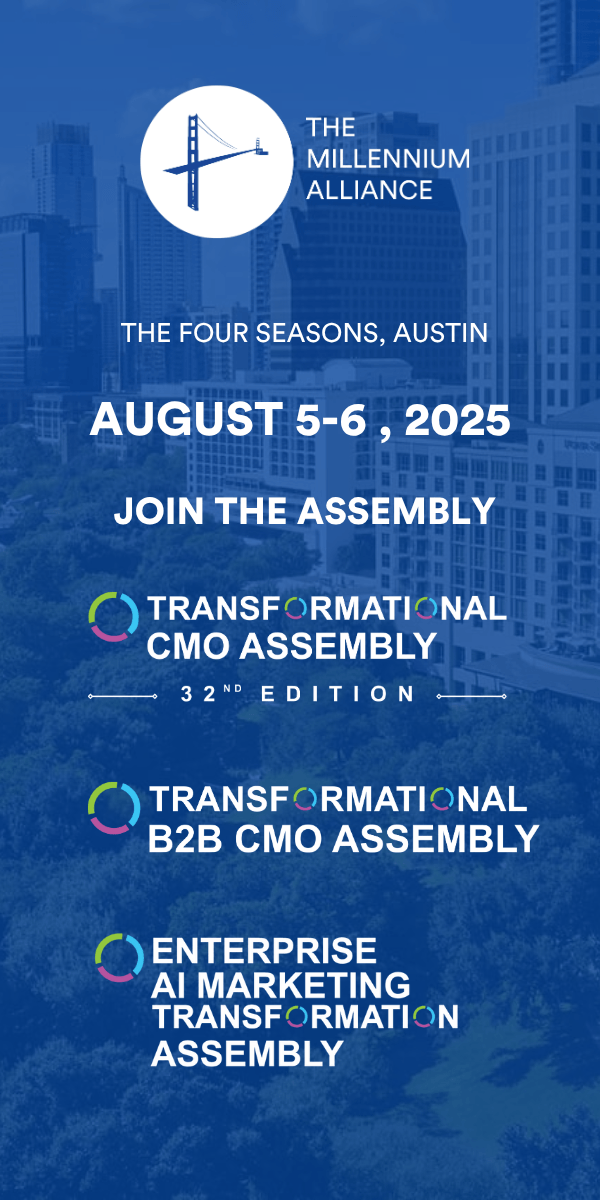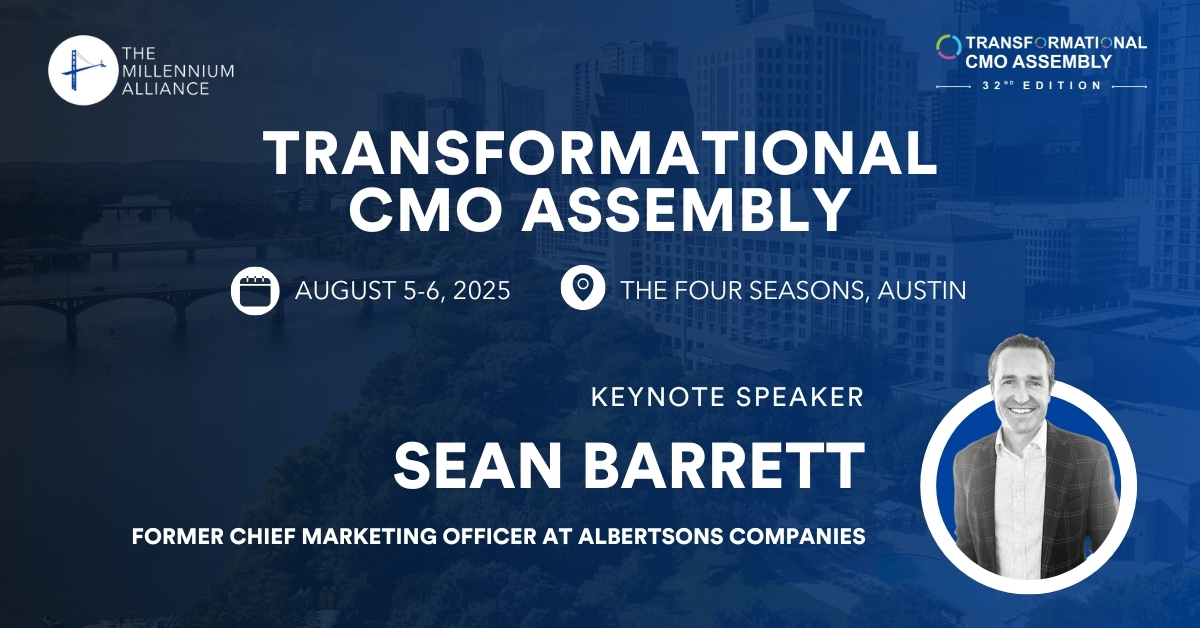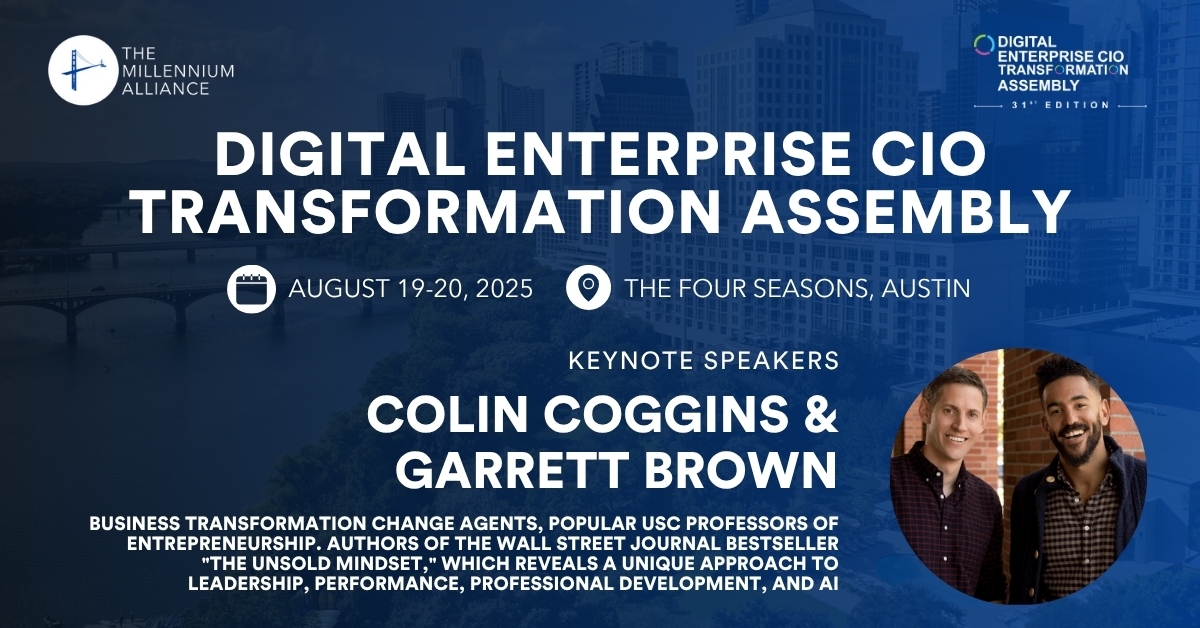As originally published by David Sable on Linkedin. Subscribe to the newsletter!
In a recent “dial spinning” tour of Clubhouse, (for those not clear about my reference to dial spinning, check a history book or read my recent post), I stumbled across multiple sessions discussing work/life balance.
Most were the same: an alpha speaker passionately describing their quarantine-induced revelation that family and personal time were important, while exhorting session participants to follow their lead, by carving out a set percentage-a-day of non-work time.
If you’ve been following various stories about the return to office life, (to those same jobs we’ve been slavishly working in over the last year), one of the dominant themes is about a general reluctance to do so due to a mixture of work/life balance anxiety, and safety, of course. Although it is notable that this safety-related anxiety does not seem to extent to bars, restaurants and gyms, which have no particular caveats of balance and a lesser metric of safety than is applied to offices.
As I have written before, the less-than-enthusiastic rush back to office environments is a legacy issue of poor design, weak culture and mediocre atmosphere, despite all the surveys and feel-good pronouncements about how great it all was.
Those issues need to be met head-on, and based on the research I see, following WeWork down a rabbit hole (sink hole?) is not close to the solution. You need to be thinking the other way. Open yes, but also personal—team oriented, warm, homey and provide space that is own-able by individuals.
Work/life balance is a different issue altogether, and while better designed space and more thought out and deliberate project and client management can make a huge difference, it won’t entirely address this concern. The problem needs to be addressed with open dialogue, coaching, mentoring and a shift in attitude by both employee and employer.
To me one, of the most troubling aspects of the discussion and the movement, if you will, is the union-like rhetoric around hours and percentages for corporate employees, driven in part by being home and the fear of being consumed by Zoom, and balanced by the notion that we have been making our own hours.
Full confession: when I started working back in the mid 70s, I “paid” for training by owing an extra hour before I qualified for overtime—yes, so underpaid were we that we got overtime, and thank God we did. We were expected to work as many hours as it took. Many were the all-nighters.
Yet somehow, other than the overtime, not a lot changed as I moved up. We still worked around the clock as necessary, like many in other industries still do.
The first question—and an addressable one by management—what is “as necessary”?
I can’t tell you how many times over my career all-nighters, weekends and holiday shifts that had been demanded by clients proved to be cynically wasted, as the people who had demanded the work were not available during that same time frame to comment, weigh in, or add value. And worse, when the work, delivered in prime fashion on a premium schedule by worn-out folks that had been driven by immediate need, sat for days or even weeks waiting for feedback, as in reality, it just hadn’t been that critical.
Not to mention the Christmas/New Year’s new business pitches—we’ve all had them—that were not decided until February. The real test, having been how you would work under pressure and could you deliver over a holiday. So it goes.
Setting expectations and reasonable boundaries is an important and critical step in beginning to address work/life balance. It is bound up in mutual respect, but it is also tied into mutual accountability all around. Sometimes projects just hit the fan, and it’s all hands-on deck. Those are amazing, powerful and empowering moments, when people come together in crisis to solve problems, keep the enterprise afloat, and team up like never before.
COVID, despite the rhetoric, has been such a moment for many people. Companies and their partners came together under crazy conditions and irregular working environments and protocol to literally save businesses, and by extension, even countries.
Yet, we were also home, and that demanded of our self-esteem the emotional notion that in our own four walls, we were in control, we called the shots and we decided when we would work or not.
And, so, day leaked into night, nights into weeks, weeks into months and a year later, many are still struggling, trying to figure out how to balance home, work, family, friends, kids, and pets. All the while, we are still struggling with the existential dilemma of staying home, returning to the commute or finding the happy hybrid medium (my bet) to make it all work better. Basically, feeling more in control.
Here is the fix: where it is up to us, alone, decide what control means, and make the choices necessary to have a rich personal life and a rewarding (and profitable) work one.
To begin with, balance is not a workable concept for so many of us. If you want balance, union jobs can work; civil service, work shifts, organizable and reliable with forecastable hours and clear parameters for the “it just hit the fan” moments.
Industries like mine, and many of yours, just don’t work that way. From crisis to new business to any number of stops in all directions, the proverbial fan gets hit in many ways and by many things. And, if we are to be successful as companies; teams and individuals we need to step up, suck it up and deliver.
Which is why I hate percentages and the notion of balance.
You see, if you start with the idea that you are owed a certain amount of time and become resentful when you don’t get it, frustration and worse will follow.
Let me, therefore, suggest a more radical way to look at it, one that has worked for me and others that I have shared it with, and was born entirely of necessity. As my career trajectory increased, the hours I worked didn’t get shorter or longer, just more intense and consequential. What did change was that I started traveling, globally on a regular basis. On average, I was gone two weeks a month, working over at least one weekend and sometimes two.
You have to remember, there were no cell phones back then, never mind smart phones. Email didn’t exist, nor did texting/WhatsApp/LinkedIn whatever. We had AT&T charge cards for phone calls, often made from public phones. You went to Asia, it was a two-week trip, minimum. Not like today, when I have flown in and out of Japan in a day.
Anyway, I was traveling. One trip could start anywhere, and I’d circumnavigate the globe. To be honest, it was exhilarating. I was going to places I’d never been and doing business that broke barriers, but there was a downside…and it was big.
I was away a lot. I missed home, my wife, our then-little kids, but it was what I did. Balance? Equilibrium? I needed something. My wife had the solution, which defined our lives and my work, and until this day, gave me real equilibrium and solidified my relationships at home.
It was simple.
When I was home, I needed to be 100% in the game. Involved. Immersed. You get the picture. And when I was at work, I needed to be the same. Not that I shut off one for the other, it was focus.
Frankly, had I dithered and sweated over 50% or 75% or whatever, as I have heard people opining on, I would have gone nuts and failed to excel in either world. 100% at all times. It changed my life, and it will change yours.
To do this, I had to remember:
- Don’t confuse amount of time with quality of time
- Success and suffering are not synonymous
- Learn how to integrate work and life, maybe through giving back
- You are in control, no one else
- Urgent and important are not equal
- You can always miss a meeting, but no one can cover for you at home
Listen:
“Strive not to be a success, but rather to be of value”—Albert Einstein
What do you think?














